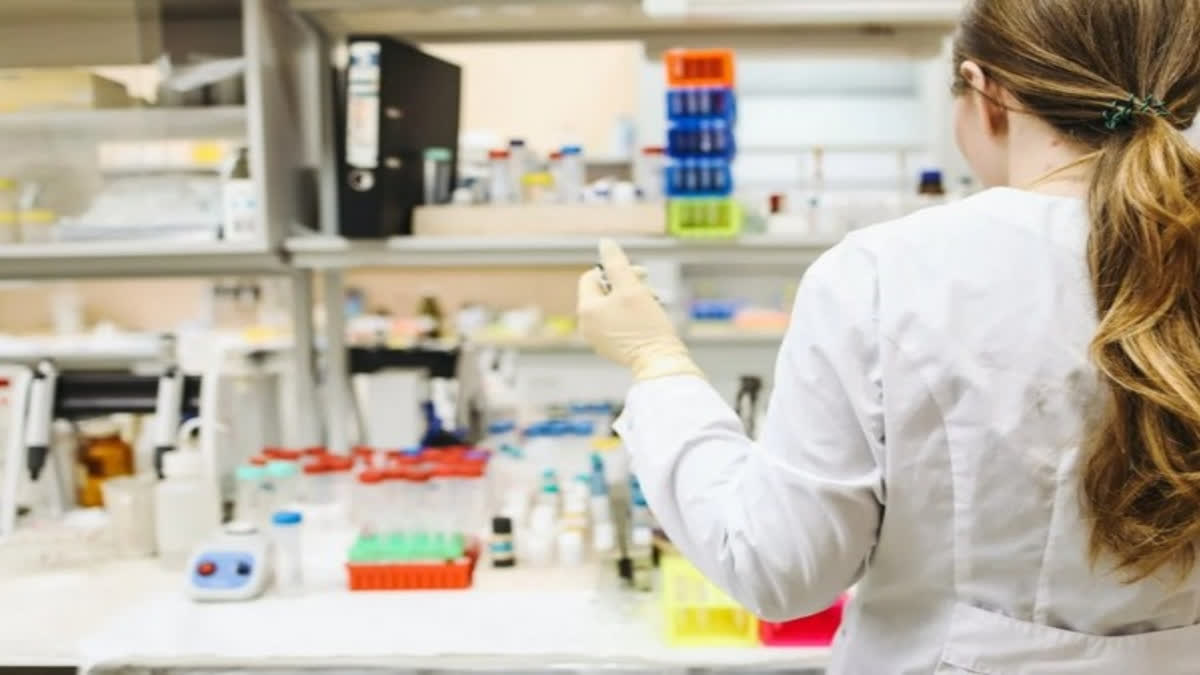Stockholm County [Sweden]: According to a national study published in The Journal of Hepatology, close relatives of persons with metabolic-associated fatty liver disease had a greater chance of acquiring liver cancer and dying from liver-related disorders. According to the researchers, this suggests that family members could benefit from lifestyle advice that is presently exclusively offered to patients.
People with metabolic-associated fatty liver disease (MASLD, formerly known as NAFLD – see fact box) have an elevated risk of developing and dying from liver cancer. MASLD is now the main reason why the number of people developing liver cancer has risen so sharply. However, researchers at Karolinska Institutet now show that close relatives and partners also have an increased risk of developing liver cancer and advanced liver disease.
May benefit from early screening
“Our findings indicate that patients with MASLD should not be treated separately,” said the study’s first author Fahim Ebrahimi, doctor and researcher at the Department of Medical Epidemiology and Biostatistics, Karolinska Institutet, adding, “Indeed, recommendations for lifestyle changes should be given to their family members as well. Our study also suggests that relatives with metabolic risk factors such as diabetes mellitus may benefit from early screening for MASLD.”
The researchers based their study on the ESPRESSO cohort, which contains data on all liver biopsies taken in Sweden from 1965 up to the present. They identified almost 12,000 people with biopsy-proven MASLD. After matching each person with up to five comparators from the general population they identified first-degree relatives (parents, siblings and children) and partners for both groups. The study included nearly 250,000 first-degree relatives and 57,000 partners.
Also read: Cancer is rising in under-50s but the causes are a mystery
Followed for up to 50 years: Over an average follow-up period of 17.6 years, with some individuals being followed for up to 50 years, the researchers found that first-degree relatives of MASLD patients were 80 per cent more likely to develop liver cancer than the controls. However, as liver cancer is a relatively rare disease, the absolute increase in risk is much lower: 0.11 per cent over 20 years, according to the researchers.
“In other words, one in every 900 first-degree relatives of patients with MASLD will additionally develop liver cancer over a 20-year period,” said senior author Jonas F. Ludvigsson, professor at the Department of Medical Epidemiology and Biostatistics, Karolinska Institutet, adding, “So, the absolute risk is very small but still relevant at a population level.”
Shared lifestyle is an important factor
The researchers also found that partners of patients with MASLD were more likely to develop severe liver disease (such as cirrhosis) and to die from liver-related causes.
“Our findings confirm that there is a clear familial risk of MASLD and that a shared lifestyle is an important factor in its development,” Dr Ebrahimi said. (ANI)
Also read: Study reveals why men, wealthy people are more likely to develop skin cancer



